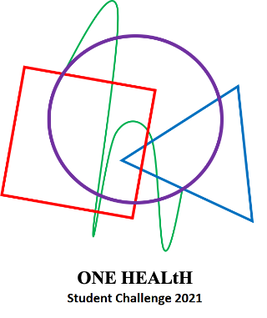2021 One HEALtH Challenge Deliverables

Each interdisciplinary team will create a concise, TikTok-style video pitch (2-3 minutes in length) to be showcased at the final Presentation Day event. This pitch should cover the basics of their intervention: what it is, who is involved, and how it works to bring together older adults and youth. Teams are encouraged to be creative with their pitch – the goal is to get your key message across in a memorable and engaging way!
Teams will also be asked to produce accompanying documentation that expands on their thinking about their solution.
This documentation should cover the following areas:
- Resources: what resources or supports are needed to implement your solution? (e.g. personnel, infrastructure, data, funding, equipment, space)
- Activities: how does your solution work? What specific activities will be carried out as part of your solution?
- Audience: who will be impacted by your solution? Is it aimed at all youth and older adults, or are you targeting a more specific population?
- Buy-in: how do you think others will react to your solution? How will you communicate the value of your solution to elicit support from stakeholders and ensure its success?
- Impact: what’s the final outcome you hope to achieve with your solution?
The format of this documentation is flexible; it could be done in an infographic or poster style or as a traditional written (point-form) paper. Teams are strongly encouraged to incorporate some visually engaging elements into their documentation. Keep in mind that while providing enough detail is important, you will also need to keep things concise and readable – judges will probably spend no more than 5 minutes reviewing each team’s documentation.
Judges will base their choice of winning team on both the accompanying documentation (must be submitted to Challenge organizers by March 12th, 2021 so that our judging panel has time to review them before Presentation Day) and the video pitch (must be submitted to Challenge organizers by March 16th, 2021). Judges will rotate to each team’s breakout room for a brief Q&A to explore their thinking before making their final decisions.
2021 Challenge Resources:
